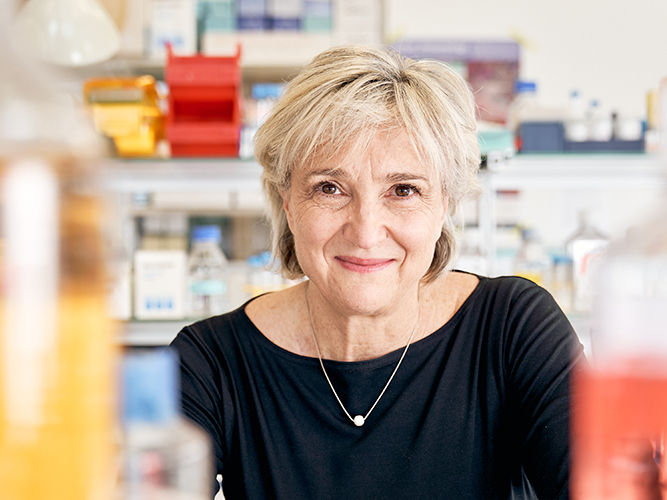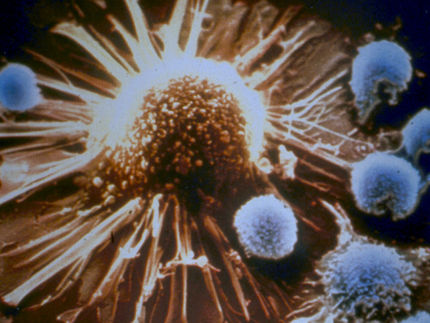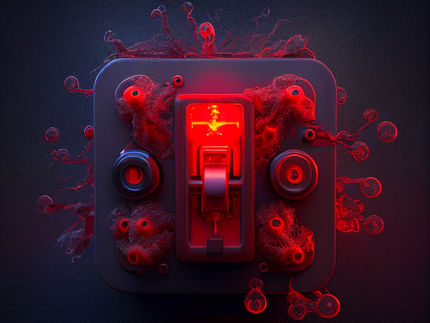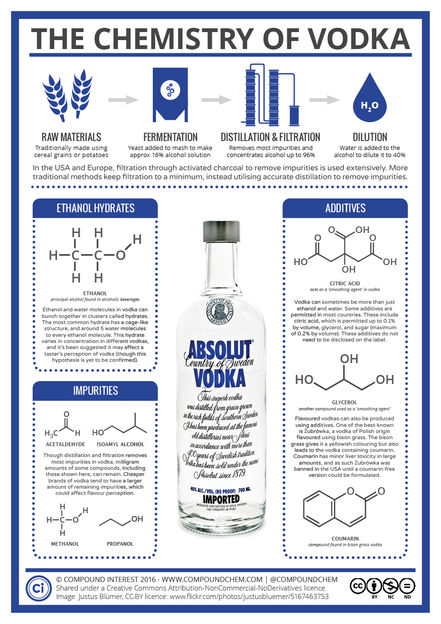A treatment for every kind of cancer
Start-up recently received seed funding of USD 30 million with a view to making universal, ready-to-use T cell cancer therapies a reality
Researchers from the University of Basel have identified cells in the immune system that are able to attack a wide range of cancer cells. Through a start-up, they are now aiming to use their discovery to develop clinically applicable treatments that will mark the next milestone in cell-based cancer therapy.

Even in her dual role as researcher and entrepreneur, Lucia Mori's thirst for knowledge about how the immune system works remains as strong as ever.
University of Basel, Oliver Hochstrasser
In recent years, some of the greatest advances in cancer medicine have been made in personalized immune therapies. The complex process involved takes valuable time: medical professionals have to take blood from the patient, isolate the immune cells, equip these cells specifically for the fight against the type of cancer concerned, expand them, process them and then administer them to the patient. The whole procedure may take more than two weeks.
“Wouldn’t it be great if we could just reach into the freezer following a cancer diagnosis, and have a ready-made pack of immune cells ready to go? Regardless of the type of cancer?” asks Dr. Lucia Mori of the Department of Biomedicine at the University of Basel and the University Hospital Basel.
Originally from Italy, Dr. Mori speaks of the immune system with the curiosity and fascination that has accompanied her for decades in this area of research. At the beginning of her career in the 1980s, relatively little was known about how our body is kept healthy by an armada of different immune cells.
At the end of 80s, her interest led her to Basel, “the best place in the world for immunological research”, she says. After a period at the Basel Institute for Immunology, she joined the research group led by Professor Gennaro De Libero at the University of Basel, to study how T lymphocytes (T cells) identify signs of disease, whether proteins, lipids or metabolic products.
“First, we thought: this isn’t possible!”
Around five years ago, De Libero and Mori made perhaps the most significant discovery of their careers. The actual focus of the project was a specific population of immune cells that eliminates bacterially infected cells. Some of these immune cells, however, also recognized tumors. “First, we thought: this isn't possible!” recalls Mori. “But we repeated and checked the experiments several times, and the observations were confirmed every time.”
The researchers named the cancer-fighting immune cells “MR1T cells”. This is a particular group of T cells with a specific “feeler” (receptor) that identifies the MR1 molecule and attacks the cell carrying the MR1.
Abnormal metabolism as a warning sign
MR1 is a protein that occurs naturally in all of the body’s cells, and is identical in all of us. Normally, cells carry very little MR1 on their surface, but it appears in large quantities on the surface of abnormal cells, together with metabolic products that indicate abnormal metabolism in the cancer cell.
MR1 is thus a universal point of attack carried by almost all cancer cells. With these MR1T cells, De Libero and Mori’s team discovered a part of the immune system that targets precisely this point of attack, and which can be customized in the laboratory for attacking a wide range of different cancer types.
“Our aim is to manipulate T cells from healthy donors in such a way that they can target the combinations of MR1 and other characteristic molecules on the surface of cancer cells,” explains Mori. She adds that these MR1T cells can then be stored in liquid nitrogen for extended periods, ready for use.
As many cancer types share certain characteristics, she says, this ready-made immunotherapy can then also be used for different types of cancer such as breast, bowel and lung cancer. A table could be used to determine which of the prepared MR1T cells can be used for the type of cancer concerned, and the corresponding cells could then be collected from storage.
USD 30 million of seed funding
Along with the potential of this discovery, the researchers discovered something else: the limits of academic research when it comes to moving the idea from the laboratory into clinical practice. They founded a start-up: Matterhorn Biosciences recently received seed funding of USD 30 million from the investment company Versant Ventures, with a view to making universal, ready-to-use T cell cancer therapies a reality.
Even in her dual role as researcher and entrepreneur, Mori’s thirst for knowledge of how the immune system works is as strong as ever. There is still a great deal to learn about exactly how the MR1T cells identify and eliminate tumors.
Other news from the department science
Most read news
More news from our other portals
Something is happening in the life science industry ...
This is what true pioneering spirit looks like: Plenty of innovative start-ups are bringing fresh ideas, lifeblood and entrepreneurial spirit to change tomorrow's world for the better. Immerse yourself in the world of these young companies and take the opportunity to get in touch with the founders.





















































